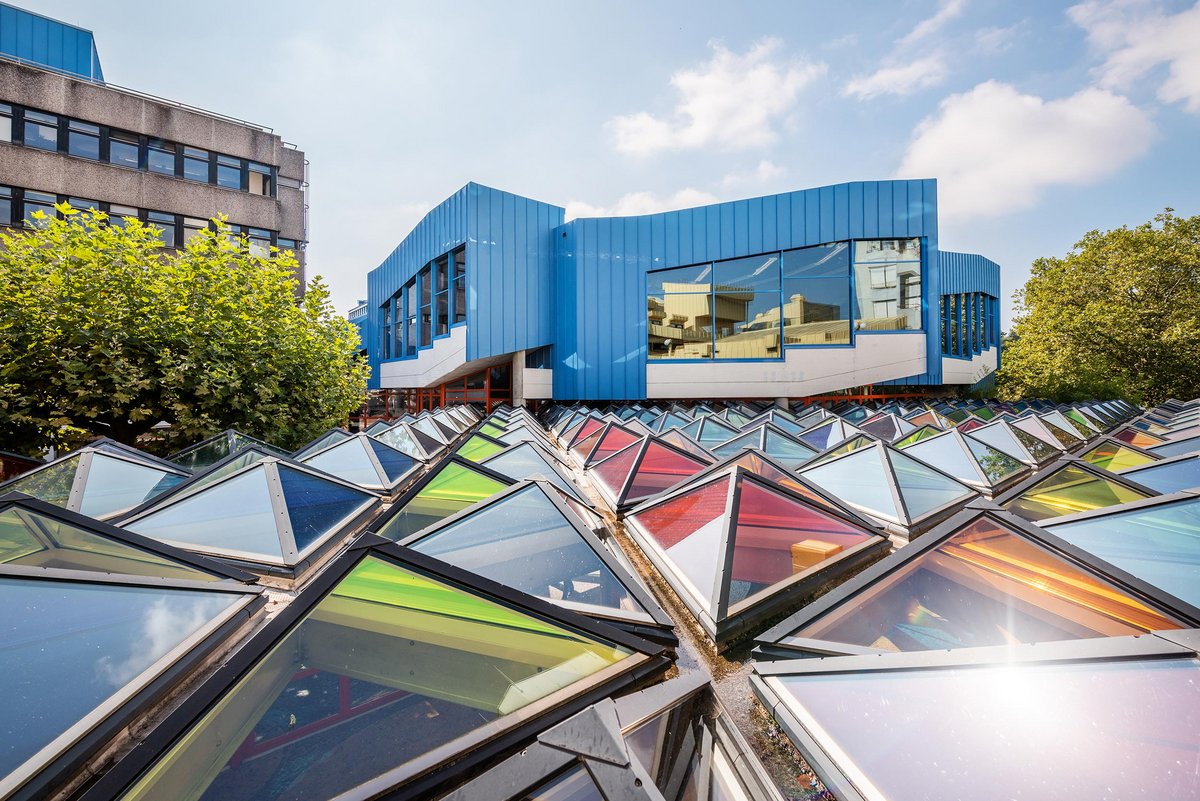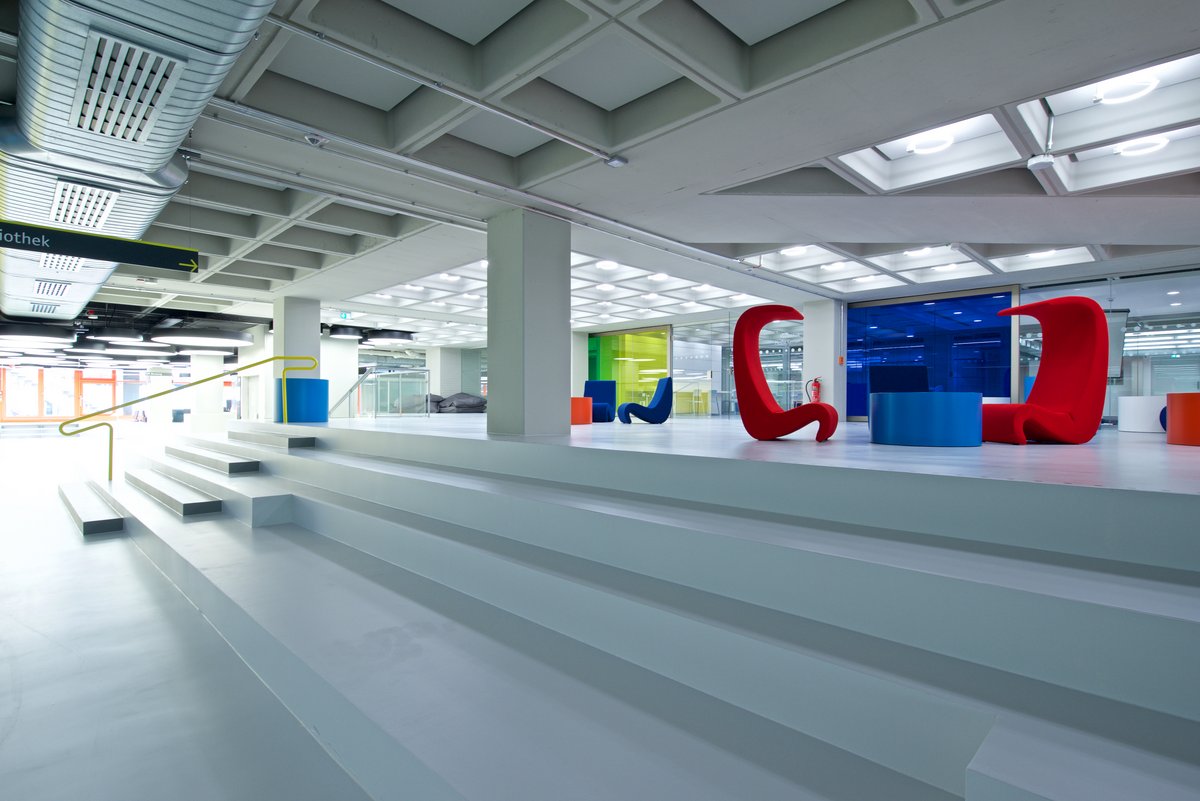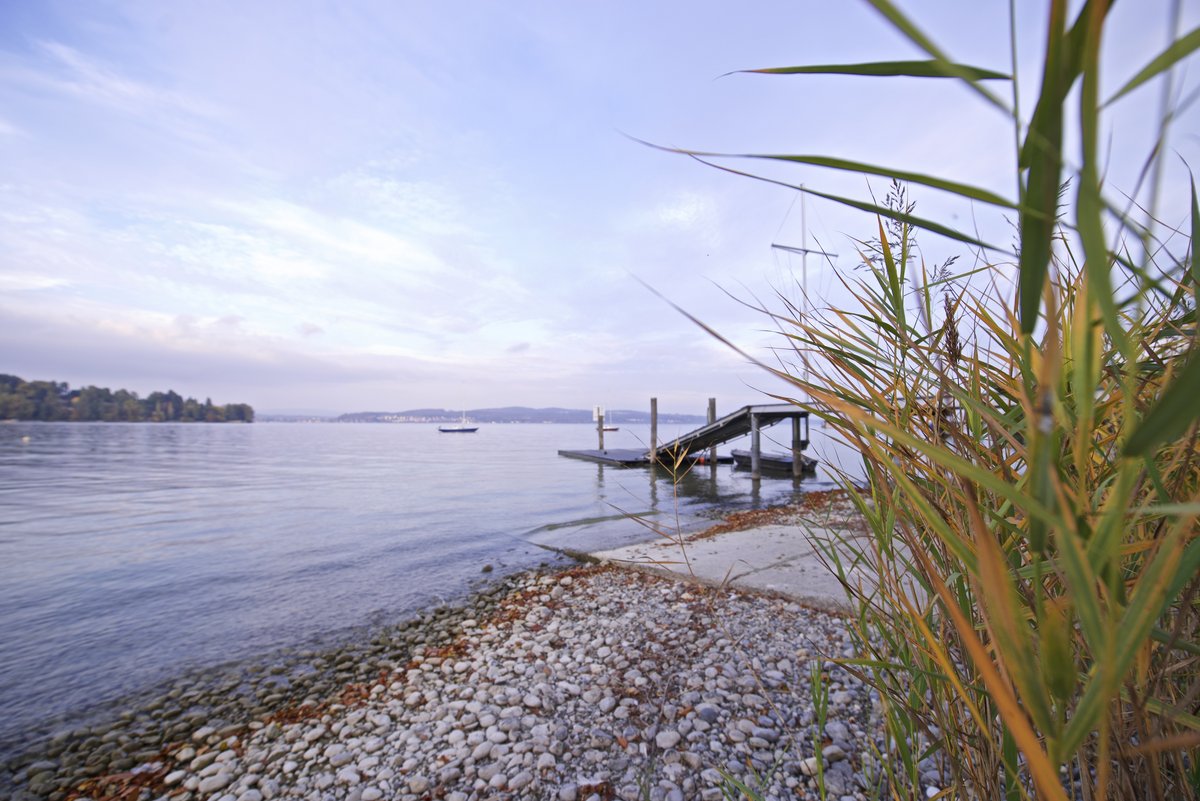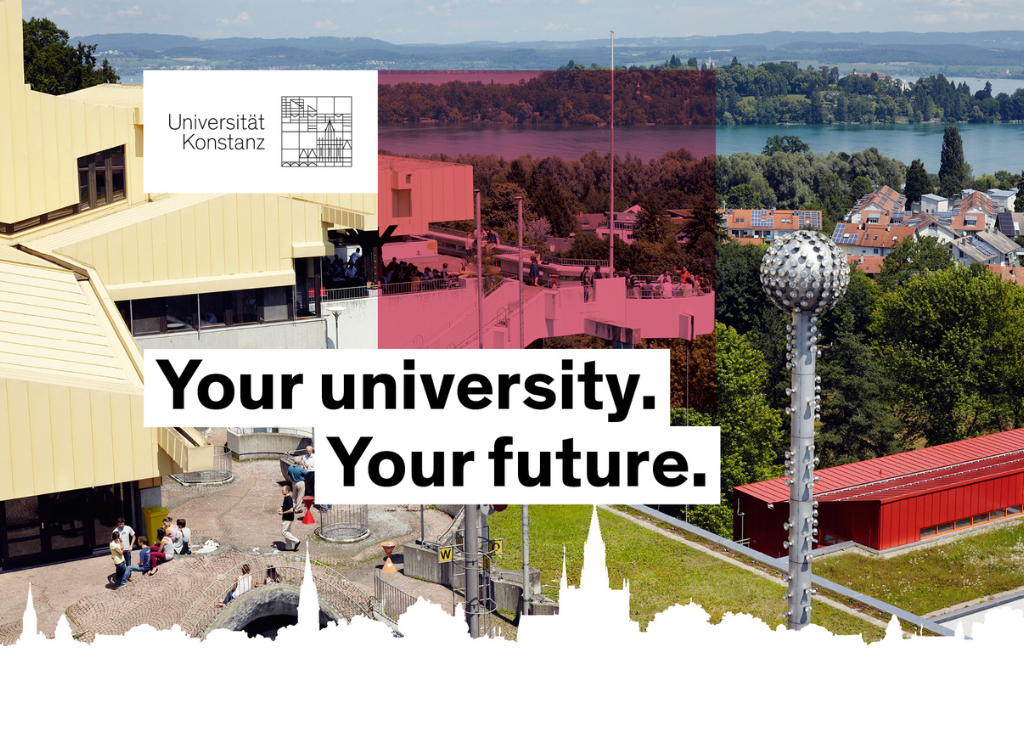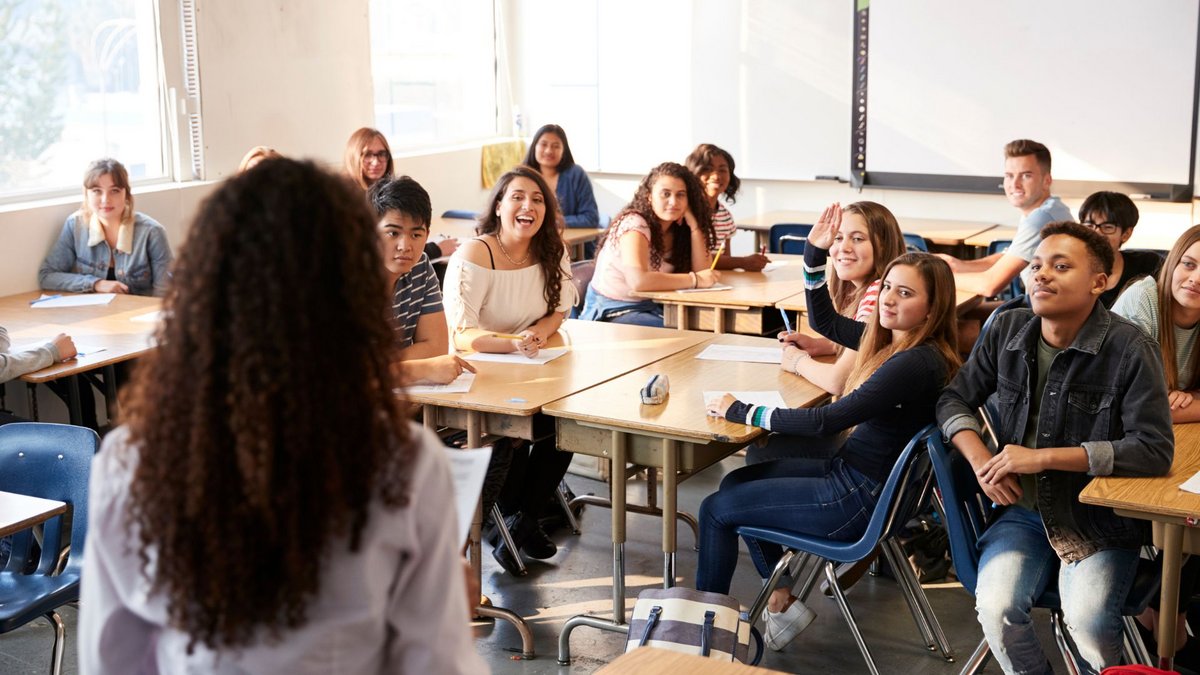
Russian – Master of Education (Teaching degree)
Our Bachelor and Master of Education programmes in Russian consist of literary, linguistic and practical modules. Over the course of the literary modules you will learn how to analyse and reflect critically on Russian literature and culture and to speak and write about them with authority. You will study literature of all epochs from the Middle Ages to the present as well as all genres of literature (prose, poetry, drama). You will be introduced to various methodologies from literary theory, literary history as well as cultural studies and cultural theory.
The linguistic modules deal systematically with the structure and history of the Russian language. Your courses may include, in addition to the core areas phonology, morphology, syntax and semantics, courses on the development of the Slavic languages etc. In the practical courses you will improve your own Russian language skills. You will also attend courses on regional and cultural studies, oral and written language skills, listening comprehension, translation and grammar. In addition to subject-related content you will have classes in didactics and education. A study abroad module is part of the bachelor’s programme.
Why study Russian in Konstanz?
The University of Konstanz’s Department of Literature, Art and Media Studies offers a broad range of interdisciplinary courses through cooperation with other literature subjects as well as art and media studies. Teaching is also oriented towards current basic research in literature and cultural science. Lively interaction in the seminars, which address specific contents in small groups, has priority over lecture formats.
Studying linguistics requires the ability to think in a formal and networked way. One of the objectives of the study programme is the acquisition of research skills for theoretical and experimental work. The Department of Linguistics has professionally equipped laboratories for experimental linguistics. You can carry out studies on corpus linguistics and computer linguistics, experiments on speech production and perception, and studies on psycholinguistics and neurolinguistics there. The laboratories are an essential component of the department's teaching activities and significantly enhance your training.
Study content
Prospects
Career prospects
Once you have earned the degree Master of Education you can apply for the Referendariat (18 months of teacher traineeship) in Baden-Württemberg (and under certain conditions in other federal states, too). At the end of the Referendariat you will take the 'Staatsexamen' (state examination). Having passed this state examination, you may apply to work at a public school in Baden-Württemberg (and, in certain circumstances, in other federal states).
You will find further career perspectives in the interview series #dreamjob - Starting a career. Here, alumni of the University of Konstanz report on their personal career entry.
Study structure
Start of study
Winter semester | Summer semester
Study structure
The master’s programme usually takes four semesters to complete. Graduates are awarded the academic degree of “Master of Education”. You will be taking two major subjects as well as classes in educational science including a practical teaching semester. A total of 120 ECTS credits (cr) is required.
You can find an overview of teacher education here.
Erweiterungsfach (additional subject)
If you are enrolled in a Master of Education programme, you may opt to study an Erweiterungsfach (additional subject) as a separate master's programme. You can start taking courses in your additional subject during your Bachelor of Education programme and even complete the relevant coursework and performance assessments. These may be recognised once you start your Master of Education programme. Please consult the director of the departmental administration first.
You can study one of these as an additional subject:
- Chemistry (90 ECTS-Credits)
- Computer Science (120 ECTS-Credits)
- German (120 ECTS-Credits)
- English (120 ECTS-Credits)
- History (120 ECTS-Credits)
- Italian (120 ECTS-Credits)
- Mathematics (120 ECTS-Credits)
- Philosophy/ Ethics (120 ECTS-Credits)
- Physics (120 ECTS-Credits)
- Spanish (120 ECTS-Credits)
The following subjects are not available for study as additional subjects: biology, political science, sport, economics.
These documents will support you in planning your studies:
Opportunities for additional training
At the University of Konstanz, you have a broad range of opportunities and training options that complement your study programme, for example orientation programmes to support new students, learning guidance, language courses, a data and information literacy programme as well as options promoting career-oriented skills and social commitment.
Skills for successful studies- GoMINt – orientation programme in STEM subjects
- Writing Centre – writing tutoring, joint writing sessions and workshops
- Language courses at the Language Institute
- Learning guidance, study tips, time management – workshops offered by the Central Student Advisory Service (ZSB)
- Advanced Data and Information Literacy Track (ADILT) – programme can be completed with a certificate
- Transfer – practical projects (research, business, politics and society)
- qualification N – Sustainability Certificate at the University of Konstanz
- Profil+ – programme for career skills (German skills required)
- Career Passport – programme for career skills (for international students)
- Advice on career entry, opportunities and workshops from Career Service
Internships and stays abroad
Internship
You will complete a practical teaching semester (12 weeks) during the master's programme.
Stay abroad
We recommend that you spend at least a few months abroad to acquire language skills and intercultural competencies that supplement your study programme. The team of Erasmus+ Humanities at the University of Konstanz will be happy to support you in this.
Impressions from students and lecturers
Get an impression
Discover online lectures and websites with more information about your prospective subject.
Study requirements
Admission requirements for studying
Admission requirements for the master of education programme (Gymnasium) with two majors (not including the special cases "Music" and "Erweiterungsfach" (additional subject))
- Completed bachelor’s degree in teacher education "Gymnasium" with two majors or an equivalent degree.
- In exceptional cases, admission to the master's programme is possible for graduates of a six-semester bachelor’s programme in a specific subject completed at a German university or equivalent institution of higher education in Germany if the programme contained elements of teacher education (see a – d). The same applies to graduates of a bachelor's programme in teacher education for other schools than the "Gymnasium".
Applicants have to document the following:
- a) a minimum of 64 ECTS in each major
- b) a minimum of 5 ECTS in the teaching methodologies of each major
- c) a minimum of 12 ECTS in educational sciences
- d) a three-week orientation internship at a "Gymnasium", a vocational school or a "Gemeinschaftsschule" with upper secondary level students, or an equivalent school internship
- You can complete up to 50 ECTS of missing elements during the master's programme, but they have to be completed by the time you register for your master’s thesis at the latest.
Elements you cannot complete during the master's programme:
- Teaching methodology courses (see b) as well as the orientation internship in a school (see d). You must document having completed these by the application deadline. Exception: you can complete the teaching methodology courses (see b) later if you apply for one of the following subject combinations: physics/mathematics or physics/computer science.
- In the subjects listed below the following elements cannot be completed during the programme, but have to be documented by the application deadline:
- Biology: Lab course on chemical operations "Chemische Operationen", lab course on cell biology/microscopy "Zellbiologisch-histologisch-mikroskopischer Kurs"
- Political Science: Performance assessments and coursework in seminars (you can complete those for lectures later)
- Sports: Practical sports coursework (modules 5-7 of the bachelor's programme in Sports (teacher education))
Admission restrictions for Biology, Political Science and Sports
Please note that the three majors Biology, Political Science and Sports are programmes with restricted admission. Admission is based on a selection process carried out by the University of Konstanz.
Further information can be found in the admission regulations.
Fees
Semester fee
All students enrolled at the University of Konstanz are charged a semester fee each semester, similar to all other German universities. Here you can find the current semester fee and its individual components.
Tuition fees for first degree studies for certain international students
Since winter semester 2017/18, the state of Baden-Württemberg has required some international students to pay tuition fees for their first degree studies. The following students are not required to pay tuition fees: citizens of a country within the European Union (EU) or the European Economic Area (EEA), doctoral students and certain “Bildungsinländer” (e.g. non-EU citizens with a German “Abitur”). More detailed information can be found here.
Each year, the University of Konstanz grants exemptions to a limited number of particularly gifted international degree-seeking students in accordance with the university’s “Begabtenbefreiungssatzung” (statutes governing the exemption of gifted students). More detailed information can be found here.
Tuition fees for second degree studies for all students
All students are required to pay tuition fees for their second degree studies. More detailed information can be found here.
Required language skills
You do not need to document any specific language skills.
Required German language skills
International applicants need documentation of their German language skills, level DSH-2 or TestDaF 4, or a language test recognised as equivalent. The University of Konstanz does not offer preparatory German language courses or approved German language exams. For this reason, you must submit accredited proof of your German language skills along with your application.
Teaching and examination language
The languages of instruction and examination are German and Russian. If you are planning to submit your master’s thesis in the subject Russian, you can write your thesis in Russian provided your primary supervisor gives his/her consent.
Interests and skills
You enjoy reading literary and academic texts and are prepared to deal with difficult texts. You are deeply interested in the Russian language from its origins to the present day. You are willing to scientifically and methodically deal with language and literature and you are interested in the history and culture of the Russian-speaking world.
As a teacher you need a variety of skills and competences. You should of course be fascinated by the contents of your subject, and at the same time enjoy sharing your knowledge with your young students. You will need to be able to develop teaching concepts, sometimes with your teacher colleagues, and you will need to demonstrate a high level of educational skills in your daily work with children and adolescents. In addition to this, you will need a variety of social competencies. These include communication skills, the ability to deal with conflict, resilience and the ability to inspire and motivate. These skills will also help you when interacting with parents. You are basically responsible for creating a positive learning environment which enables your school students to develop and become well-equipped for the challenges of the future.
Application
Application and application documents
Application documents
You will find an overview of the required application documents in your application for admission, which you will receive at the end of your online application.
An application is possible during the following period: 07.05. - 15.07. | 26.11. - 15.01.
There may be other deadlines if you are applying for admission to a higher semester (for instance, if you are changing subjects or universities). For more information please consult the
university website
.
Contact
Contact person
The Central Student Advisory Service (ZSB) can help you with general questions about finding the right study programme as well as when you are concerned or unsure about your studies. We will be happy to advise you and support you with a wide range of services .
Central Student Advisory Service (ZSB)
Room: D 409 – 412a
Make an appointment: termin.zsb@uni-konstanz.de
Questions related to the content or organization of the study programme:
Departmental student advisory service
Florian Schönhuber
Raum: G 110
Tel.: +49 7531 88-4108
E-Mail: lehramt.sprachen@uni.kn
Studying at the University of Excellence Konstanz
With your university entrance qualification in your pocket, the sky is the limit. Get a top education at the University of Konstanz, benefit from outstanding teaching and interdisciplinary exchange on our international campus. Situated on a hilltop overlooking Konstanz with a great view of Lake Constance and the Alps, our nationally and internationally renowned research university has been recognized as a University of Excellence since 2007.
Top ratings in the CHE University Ranking regularly confirm the quality of our study programmes. Take your pick from more than 100 programmes! Our courses are close to research and will perfectly equip you for the future, especially in combination with practice-oriented, socially relevant transfer projects, opportunities for going abroad and qualification programmes that you can complete alongside your studies.

